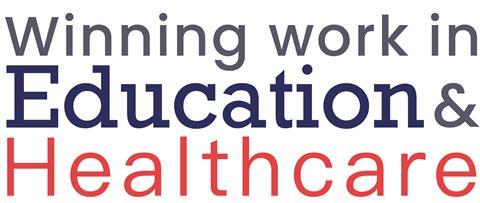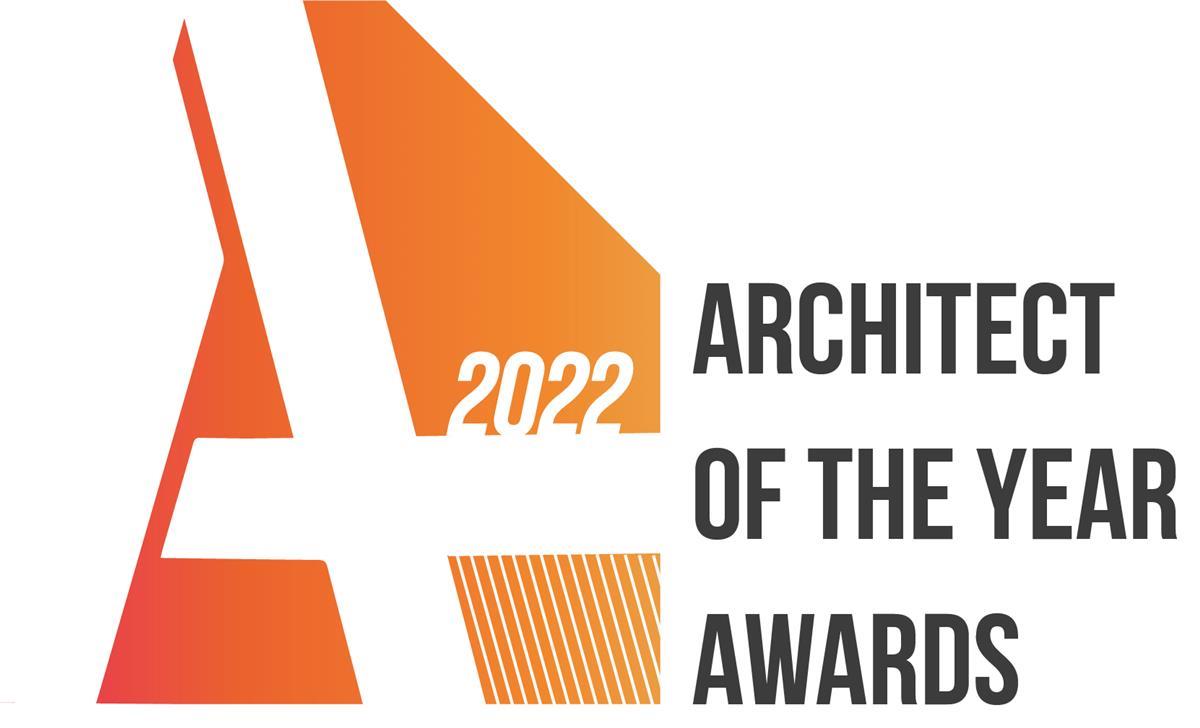But RIBA cautions positivity could prove short-lived
Architects across all sectors expect workloads to grow in the coming months for the first time since the pandemic began.
RIBA’s Future Trends survey for February found architects were positive about workloads over the next three months, although the institute warned the crisis in Ukraine could yet render this positivity short-lived.
All sectors, practice sizes and regions demonstrated a positive outlook, with 32% of practices overall expecting workloads to increase. Just 10% of practices said they expected workloads to decrease, while 58% expect them to stay the same.
The surge in optimism – which showed signs of slowing in the first month of the year – has continued apace, with the overall workload index growing five points to +23.
However, Adrian Malleson, RIBA’s head of economic research and analysis, said the data had been collected prior to Russia’s invasion of Ukraine and warned: ”The picture of economic stability might be short-lived.”
He said the conflict would compound existing supply and inflation issues, adding that rapidly increasing energy prices demonstrated the need for the UK to implement a “well-funded and designer-led retrofit programme”.
私人住房部门攀升3个点至+23,而社区部门上升至+10,公共和社区部门均小幅上升至+1。
英格兰北部(+31);威尔士及西部(+22);英格兰南部(+14);英格兰中部和东盎格鲁地区(+3)都保持正增长,而伦敦则见证了信心的繁荣,从+16上升到+40,是两年来最高的平衡。
The capital also demonstrated the strongest appetite for recruitment, with 26% of practices saying they expected to employ more permanent staff in the next three months.
Across the UK, the vast majority (80%) of practices said they expected permanent staffing levels to remain the same, with 15% saying they expected to employ more and only 4% expecting to employ fewer.
Recruitment remained highest among medium and large-sized practices with more than 11 staff.
















1Readers' comment